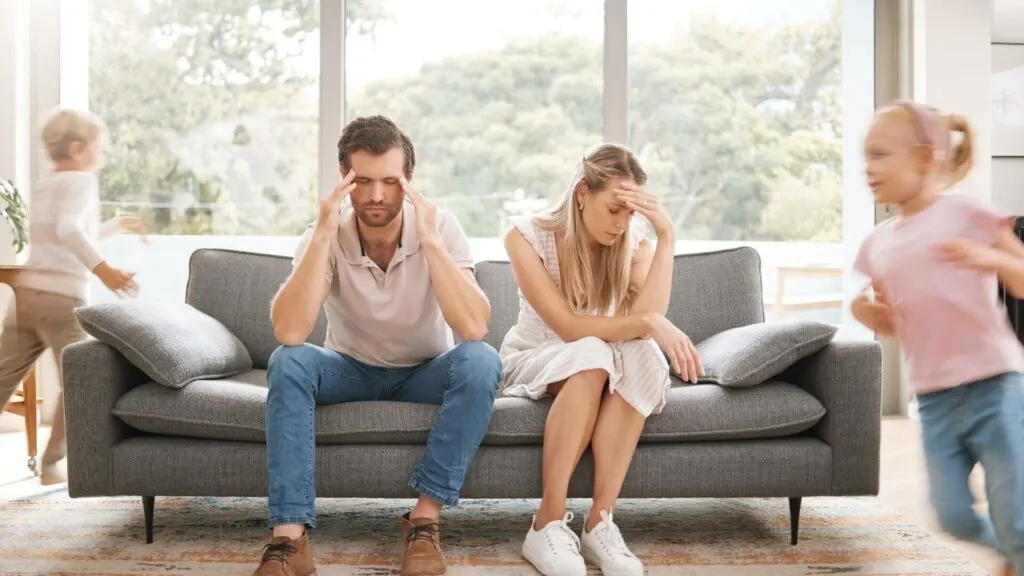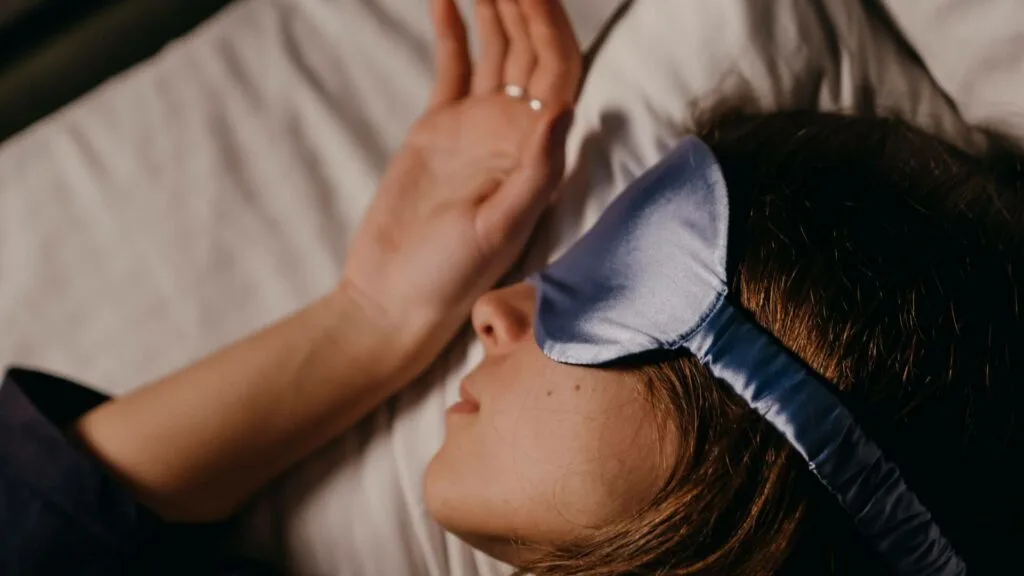The article is developed in partnership with BetterHelp
From school drop-offs to work deadlines, as busy moms, we’ve all felt the stress that comes with the demands of work and home life. Yet sometimes, we feel anxiety about things that haven’t even happened yet.
Being anxious is a natural bodily response that can, in certain situations, help us to avoid danger. When a threat is perceived, our body releases a surge of adrenaline that can help us better survive dangerous situations. It’s when we feel anxiety that’s not connected to an immediate threat that anxiety can become troublesome.
In this article, we’ll look at five self-care strategies that are readily available to help you better manage anxiety and feel more calm and relaxed.

Alleviating Anxiety
Before we begin, it’s important to understand that having an anxiety disorder is different than the normal feeling of being anxious at times. If your anxiety interferes with your life or relationships, it’s important to seek help from your doctor or a therapist. For some, online therapy provides a convenient way to seek support that fits into even a busy mom’s schedule.
By using an online platform like BetterHelp online therapy, it’s possible to receive treatment from the comfort of your own home. Online therapy can also make the process of beginning therapy faster, as it’s often possible to be matched with a therapist in as little as 24-48 hours of signing up.
Let’s take a closer look now at five self-care strategies to alleviate anxiety and how they can make you feel more calm and more relaxed.
Create A Restful Sleep Routine

When you’re experiencing anxiety, it’s important to ensure you’re doing everything you can to get restful sleep. Some helpful tips for creating healthier sleep patterns include setting up a regular bedtime, avoiding alcohol, and getting enough daylight to help set your sleep pattern.
Have some fun with making your bedroom a refuge where you enjoy resting after a long day. Decorate with relaxing colors and textures. Remove distracting screens, and add a fan. Keeping your bedroom cool at night can help you sleep more soundly.
Practice Breathwork
We all breathe, but how we do it matters. With proper breathing techniques, it’s possible to calm the body’s nervous system and lower blood pressure. But it’s important to use the right techniques. Take time to investigate the many different forms of breathwork that can help lower symptoms of anxiety, and make it a point to practice them.
A simple breathing technique that’s often recommended for anxiety is the 4-7-8 breathing exercise. Start by breathing in for 4 seconds, then hold your breath for 7 seconds. Finally, spend 8 seconds on your exhale.
Change Your Surroundings

Often, we can get stuck staring at a frustrating email or start to feel anxiety rising for no apparent reason. When you start to feel a sense of anxiety, try changing your surroundings. Step away from the computer, and go to a different room. Or better yet, head outdoors. Spending time in nature has been shown have mental health benefits ranging from improved confidence and mood to reduced stress and loneliness.
Live Through Your Senses
Did you know that stopping to smell the roses can help anxiety? Whether you’re smelling a beautiful flower or feeling the warm sun on your skin, engaging your senses can provide almost immediate relief from anxiety symptoms by getting you out of your head and helping you feel more alive in the present.
Try the 5-4-3-2-1 technique the next time you need to relieve anxiety and reset. It’s an exercise engaging your senses that you can do in about one minute. Here’s how it goes:

- Look for five things you can see in your immediate surroundings.
- Find four things you can touch.
- Think of three things you can hear.
- Discover two things you can smell.
- Lastly, find one thing you can taste.
Talk With Someone
Whether it’s with a licensed therapist, a support group, a friend, or a family member, know that help is out there. Talk therapy, called Cognitive Behavioral Therapy (CBT), is extremely effective in treating anxiety and can be accessed using an online therapy platform or with self-guided books and programs.
Talking about your symptoms and the causes behind them can lead to help in solving an issue. We can often see a problem in a whole new light just by talking with someone. And just like that, the clouds can begin to part, and you can see the sun shining in.

Takeaway on Alleviating Anxiety
Whichever path you take to address the symptoms of anxiety, know that there’s no one right way to manage anxiety. Find your own path and what works for you, and keep taking steps to build a better future with less anxiety.

Jessi is the creative mind behind The Coffee Mom, a popular blog that combines parenting advice, travel tips, and a love for all things Disney. As a trusted Disney influencer and passionate storyteller, Jessi’s authentic insights and relatable content resonate with readers worldwide.
